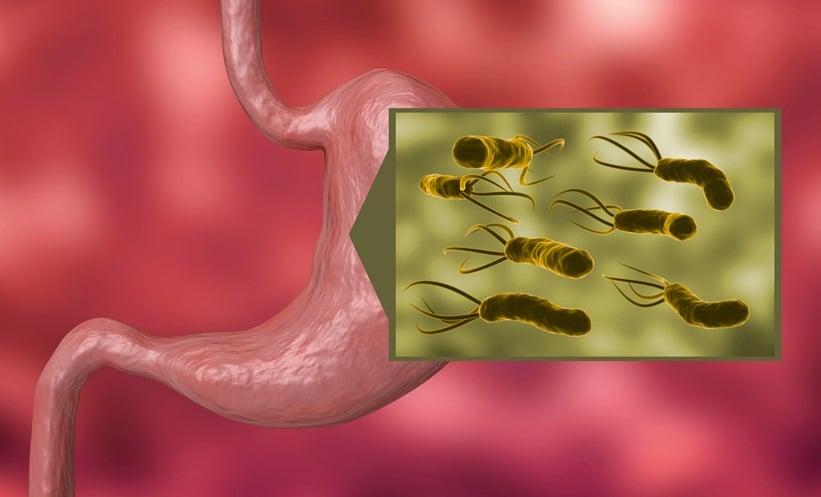The AMERICAN College of Gastroenterology (ACG) has issued a new clinical guideline to help healthcare providers more effectively manage Helicobacter pylori, a widespread bacterial infection associated with conditions ranging from dyspepsia and peptic ulcers to gastric cancer.
This new guideline, aimed at enhancing treatment outcomes for patients in North America, is based on a systematic review using the Grading of Recommendations, Assessment, Development, and Evaluation (GRADE) methodology. The guideline also incorporates expert consensus on issues where data are limited, emphasising best practices for both first-time treatment and more complex cases involving resistant infections.
For patients with a new H. pylori diagnosis, the guideline recommends a 14-day course of bismuth quadruple therapy (BQT) as the preferred treatment, especially when antibiotic susceptibility is unknown. For patients who cannot tolerate penicillin, alternative treatments include rifabutin triple therapy or dual therapy with a potassium-competitive acid blocker, also given for 14 days. For patients whose infections persist after initial treatment, “optimised” BQT is recommended, as it has shown promising results even when standard therapies fail. Those who have already undergone optimised BQT may be treated with rifabutin triple therapy if necessary.
To ensure the effectiveness of treatment and help guide future care, the guideline stresses the importance of follow-up testing to confirm eradication of the infection. Additionally, it advises limiting the use of clarithromycin- or levofloxacin-based treatments to cases where antibiotic susceptibility has been tested and confirmed, as inappropriate use of these antibiotics can lead to increased resistance.
The ACG guideline also identifies significant gaps in current knowledge about H. pylori management, particularly in North American populations. It recommends focusing future research on antibiotic resistance patterns and outcomes to support more targeted, evidence-based treatments. The call for a national registry to track H. pylori resistance rates underscores the need for broader data collection efforts to refine treatment strategies.
Reference
Chey WD et al. ACG clinical guideline: treatment of Helicobacter pylori infection. Am J Gastroenterol. 2017;112(2):212-239.








